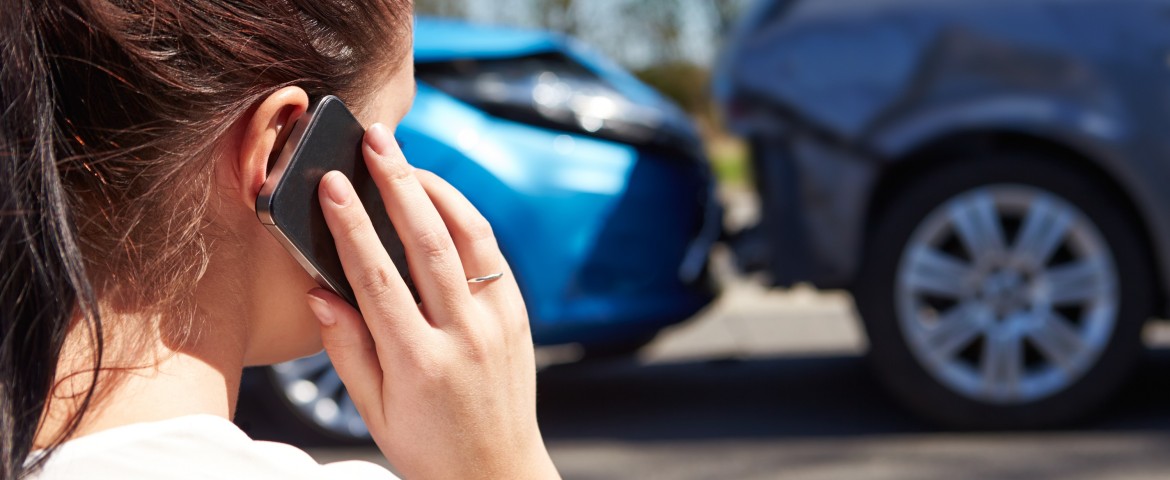Hopefully, you never get into a car accident where you or someone else is injured. But accidents happen, and therefore it’s important to understand how your insurance coverage works before the need occurs.
If you are injured, your treatment may involve many parties – your doctors, your health insurer and your auto insurer. So, who pays for what when? Understand how the system works – you’ll have less paperwork in the end.
Here are six tips that you need to know to be prepared:
TIP #1: Check your automotive Personal Injury Protection (PIP) coverage.
Ask your automotive insurance agent to help you figure out your personal injury protection in advance of an accident. PIP insurance helps pay for necessary medical expenses and lost wages.
Important note: You need PIP to be “primary” if you have Medicare or Medicaid, and the same applies with many health plans on the health insurance marketplace (including MyPriority). Have coverage through work? Many self-funded plans also require PIP to pay first. Not sure? Ask your employer’s benefit department.
TIP #2. Car insurance often pays first.
As a rule of thumb, expect your car insurance to pay the first portion of your medical bills, whether you were the driver or a passenger.
Next, your health insurance will often step in—how much and when depends on many variables including your coverage and the accident itself (remember, every insurer, including Priority Health, offers dozens of different health insurance plans). It’s best to let the insurance experts untangle the time-consuming details but never be afraid to ask your auto insurance and your health insurance for updates and next steps.
TIP #3. Don’t panic when health insurance “denies” your claim.
All insurance companies have “third party liability” experts who spend their time figuring out who is responsible for which bills. It’s not that they won’t pay their portion, they’re just sticklers for rules.
When your claim gets denied, don’t take it personally. But don’t ignore it, either. Call the customer service number on your health insurance card to keep the wheels in motion.
TIP #4. Communicate.
The only way to get claims processed correctly is to give your insurance companies the facts they need. Your health insurance company will send a form requesting details about the accident and information about your auto insurance. Make sure to return the completed form right away. If you run into questions or jargon you don’t understand, call and ask for help.
TIP #5. Stay in touch with your medical providers.
It doesn’t take long for emergency departments, hospitals and doctors to start sending bills your way. Call to let them know you’re waiting for your car and health insurance companies to sort out details, and you’ll pay your portion when the dust settles. Billing departments tend to be more forgiving when they know you’re working on it.
TIP #6. Deductibles and normal benefit levels apply.
You probably have deductibles on both your car insurance and your health insurance. They basically work the same way: you’ll be responsible for paying the costs out of pocket until you reach your deductible, then your insurance company will begin paying. Also, remember that health insurance co-pays and coinsurance apply to your accident claims, just like any other medical bill.
Have you ever wondered why your health insurance company doesn’t just pay the bills without the hassle?
The answer is simple. They want keep your premium costs down by making sure other responsible parties, including your car insurance company, pay their share.


